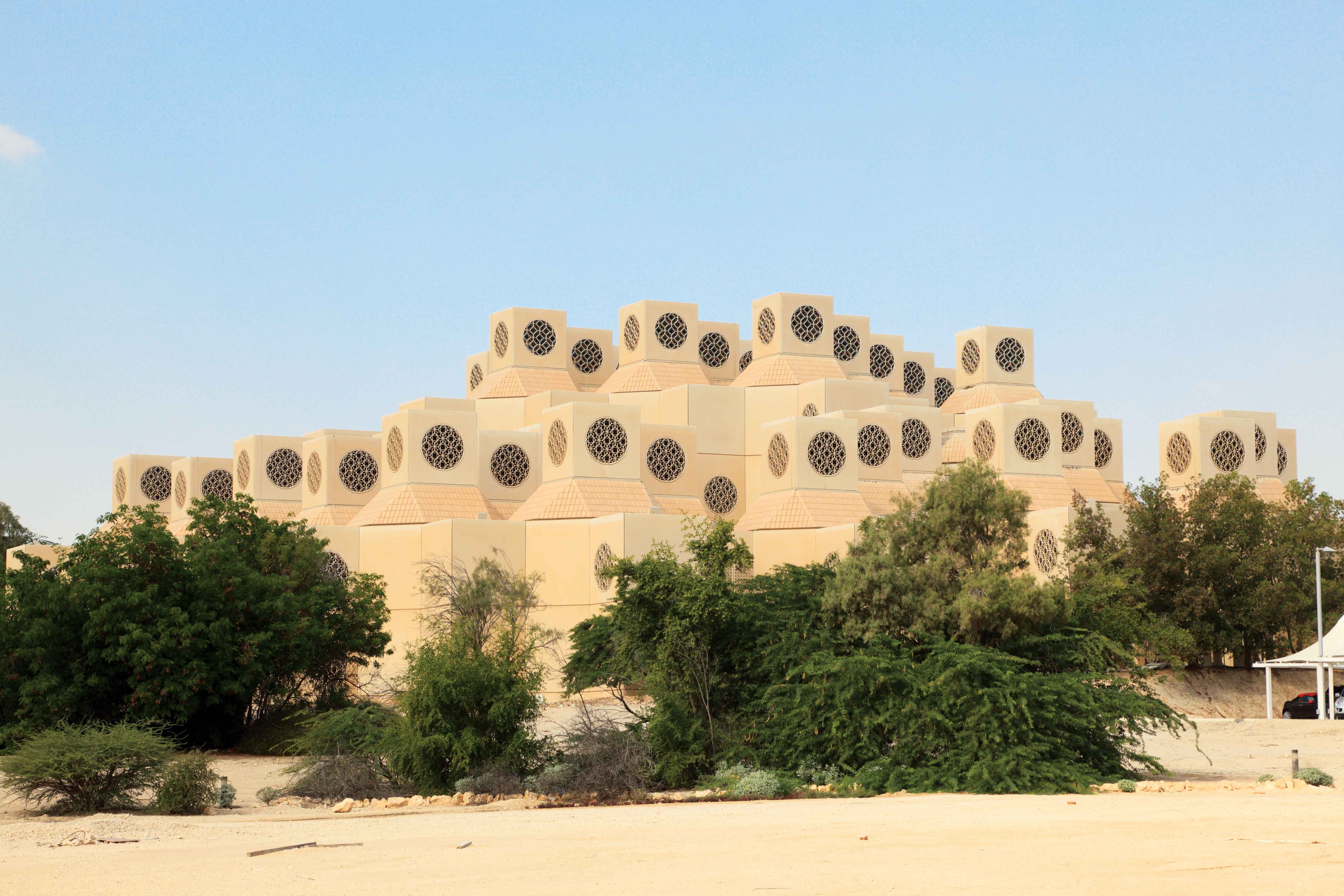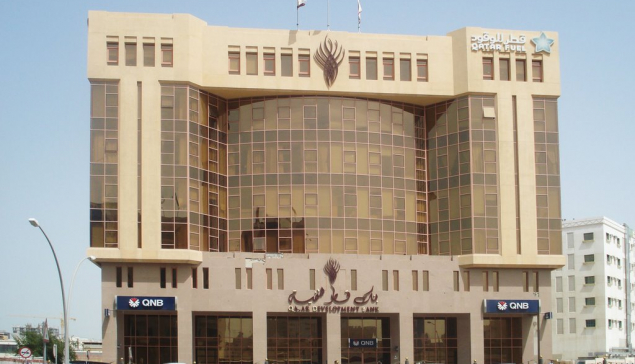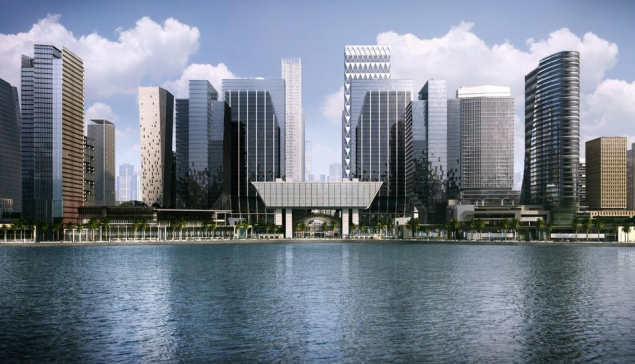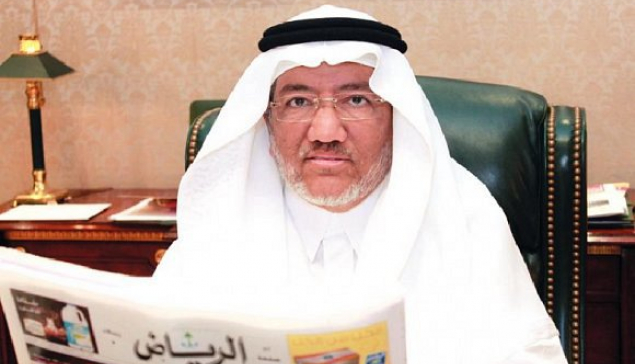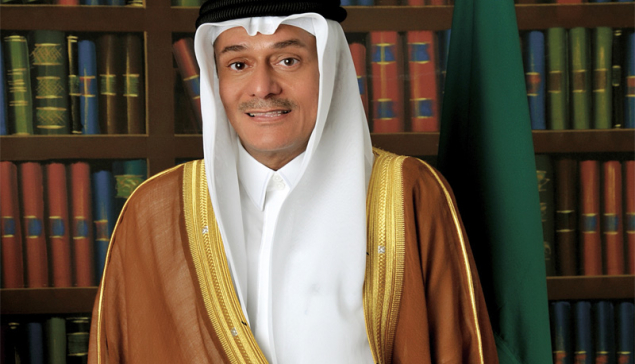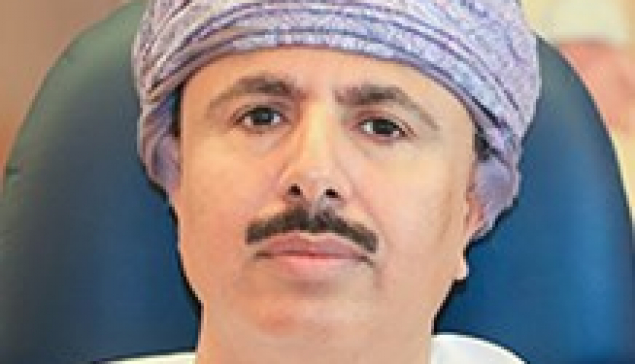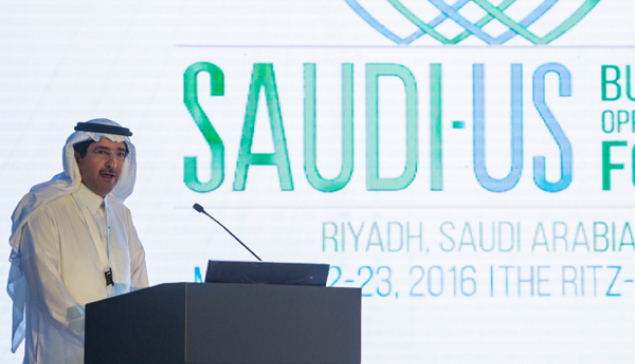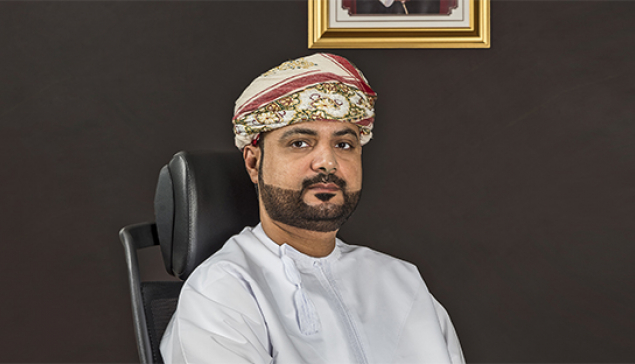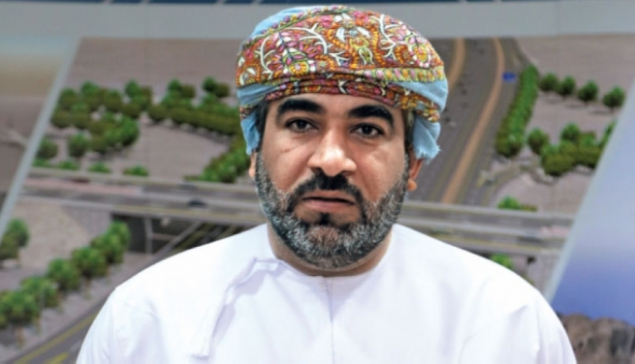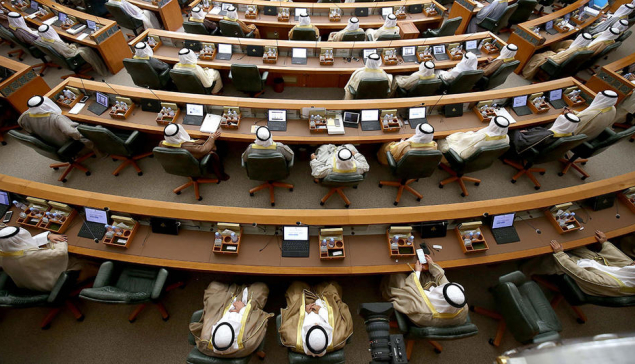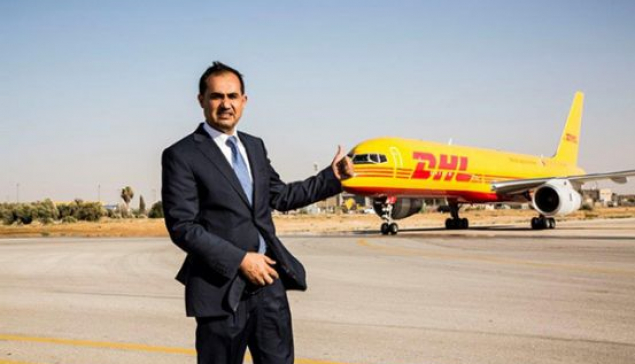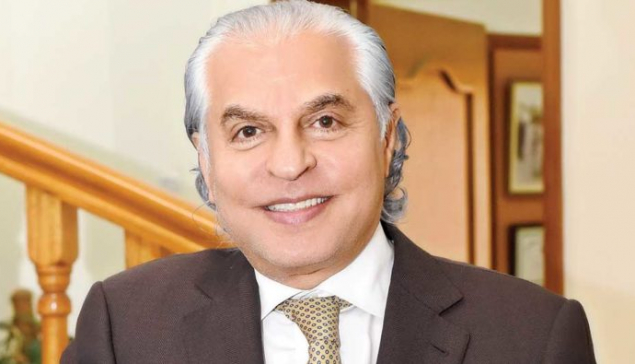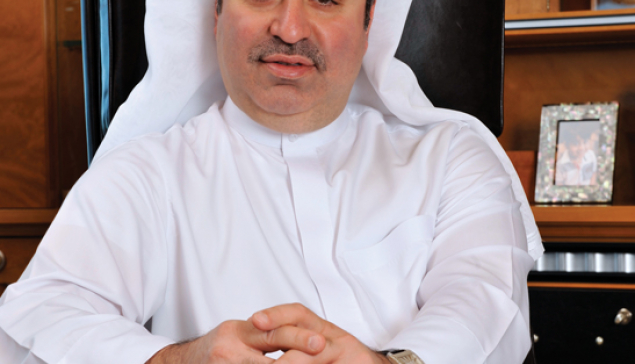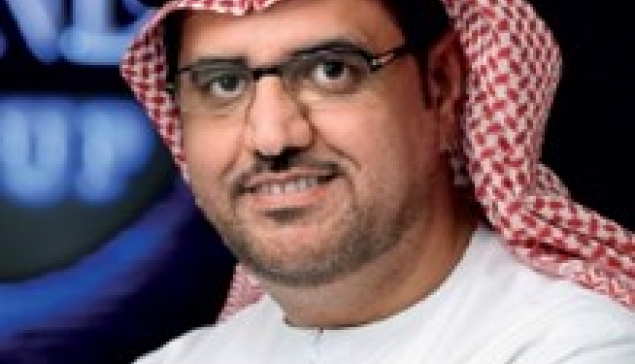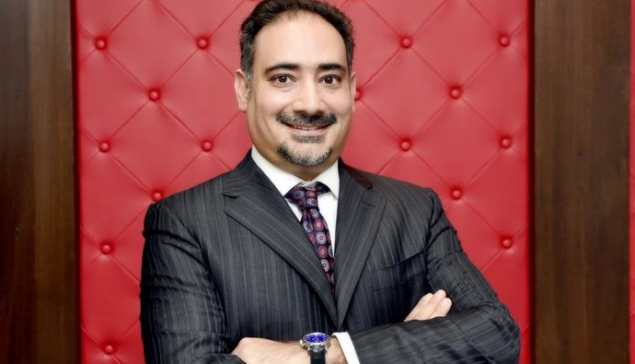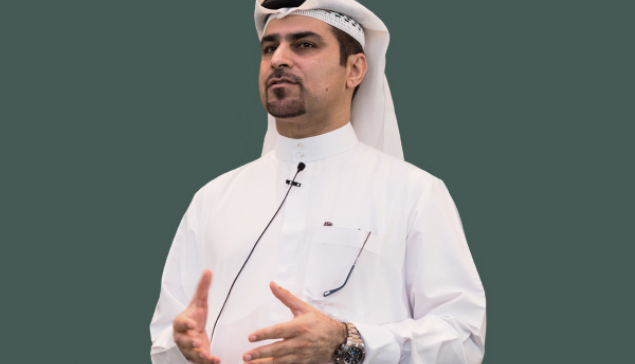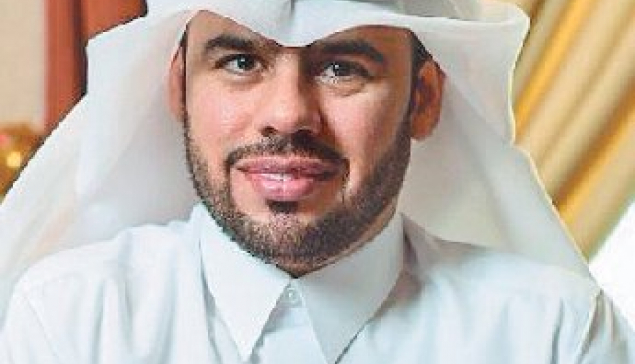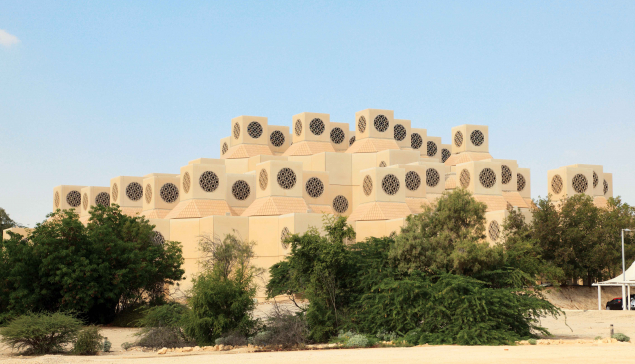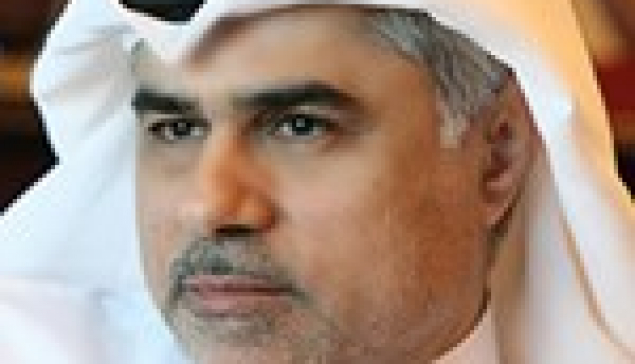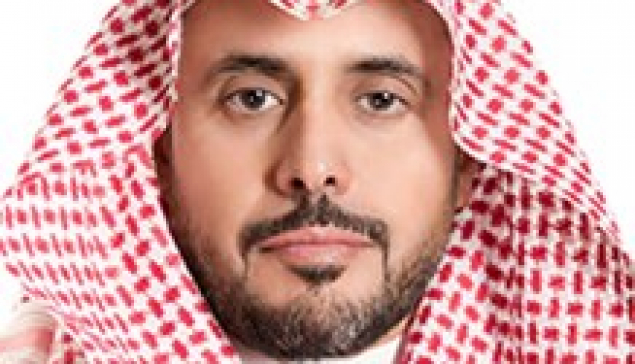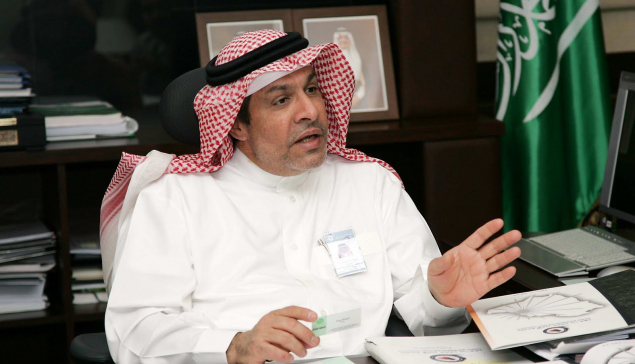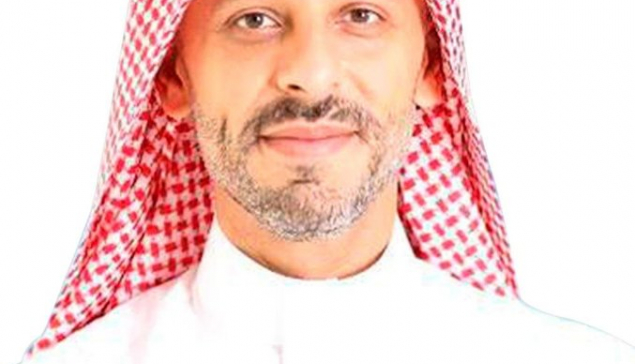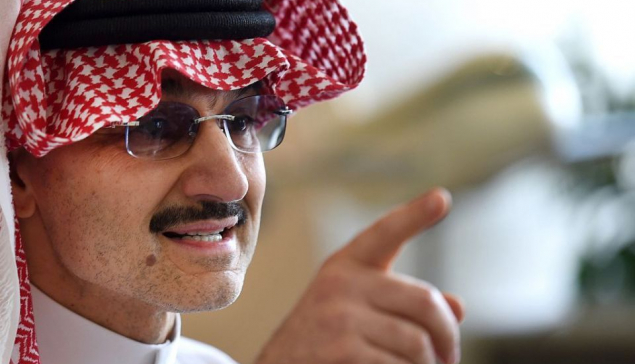The education sector has long played a central role in Qatar's development plans. As the country faces a diversified economic landscape with a focus on technology-driven jobs, the government has laid out plans within the Qatar National Vision 2030 that aim to make the country self-sufficient and sustainable, which includes highly developed human capital. Meanwhile, the large expatriate population demands the highest standards of education at every level.
Education spending from both private- and public-sector funders nearly quadrupled from 3% to 11% between 2007 and 2014, while rising from USD6.7 billion in 2014 to USD7.2 billion in 2015. Although Qatar's education budget decreased to USD5.7 billion in 2016-2017, the total amount still represents 10.4% of total spending in the country. In the past five years, there has been a 36% increase in the number of enrolled students, a total that now comes to 268,000.
To stay abreast of rising demand, experts suggest that Qatar will need to build eight to 12 new schools with a capacity of 1,500-2,000 students per school every year leading up to 2022. As of 2015, 38 schools and kindergartens were under construction, with another 17 ready to be contracted out for a total value of USD343 million.
According to data released by the Ministry of Economy and Commerce in early 2017, the size of the education sector workforce grew to over 50,600 people in 2016, up from 26,900 in 2011. During the same period, Qatar opened nearly 250 new schools, two-thirds of them kindergartens. Primary schools made up the second largest chunk, at 18%, and preparatory and secondary schools accounted for 7% and 9%, respectively.
KEEP IT PRIVATE
Currently, nearly 60% of students from kindergarten to 12th grade are enrolled in private schools, a number that continues to grow every year. The total revenues in the private education sector rose from QAR2 billion in 2011 to QAR5.8 billion in 2015.
Qatar University (QU), the oldest higher education institution in the country, saw impressive growth from 173 students in 1977 to well over 17,000 enrolled in 2017. QU is undergoing major expansions over the short term, with the ultimate goal of accommodating up to 25,000 students by 2019. Construction and renovation work amounting to USD132.7 million is currently underway. The university offers 74 specializations, now considered the widest range of academic programs in Qatar. As well, students can choose from 40 bachelor's degrees, 25 master's programs, four PhDs, four diplomas, and a PharmD. “At the undergraduate level, business law, international affairs, and mass communication have the most demand from students, while engineering management and the Gulf studies programs are popular graduate programs," Dr. Hassan Rashid Al-Derham, President of QU, told TBY. The college of medicine enrolled 93 new students in 2017, including 58 nationals, marking an increase of 16% YoY. “We expect this number to continue to grow," Dr. Al-Derham concluded.
QU is not the only higher education institution that is undergoing expansions. Doha College, which currently occupies a space not originally designed for education, is looking to complete work that would not only add more space, but also offer a more modern design. “Teaching has changed so much. For example, break out spaces and communal working areas are very different now. We want to have a school that has those facilities to reflect and support how good the quality of the education is," Tim Bentley, Chair of the Board of Governors at Doha College, explained in an interview with TBY. “As well as updating our facilities, we want to put everything on one site. It is better for the staff and the children," he added. Doha College is a pioneer school for the High Performance Learning (HPL) initiative, which encourages learners to explore and achieve.
The International School of London (ISL) Qatar is also moving forward with expansion plans, both in terms of facility development and student body growth. Current students represent 70 nationalities, with the largest group being Qataris, who comprise 20%.
Although not a major research university, Stenden University Qatar (SUQ) has recently established a center for business R&D. The facility currently plays host to seminars for the academic community in Doha. “We have a couple of seminars each month to which all academics are invited. The program began back in May 2016 and it has been quite successful so far," Dr. Ivan Ninov, Executive Dean of SUQ, told TBY. SUQ is currently the only provider of tourism and hospitality management and education programs in Qatar, with a comprehensive international business department. The university currently educates 350 students, of which 40% are Qatari and 60% are international.
NEVER TOO EARLY
With a view to build a knowledge-based economy, operators in the education sector are capitalizing on opportunities to encourage innovation, entrepreneurship, and creative thinking.
As a member of the Junior Achievement network, INJAZ Qatar is an organization that is working to instill entrepreneurial values in students at a young age. “We are now starting from elementary school and embedding these entrepreneurial ideas in students of six and seven. Education continues to develop until the student is old enough to transform that idea into an actual business," Emad Al Khaja, CEO of INJAZ Qatar, told TBY. INJAZ Qatar collaborates with local partners such as the Qatar Development Bank (QDB), the Qatar Business Incubation Center (QBIC), and the Qatar Science & Technology Park (QSTP) to support entrepreneurs. “We see new businesses arising, young Qataris driving their own businesses, learning, researching, and asking for funding," Al Khaja emphasized.
QSTP operates under the umbrella of the Qatar Foundation's R&D wing and continues to invest in any programs that prepare young Qataris to enter the fields of science, research, and technology development. “We view our role as essential in the country's transition from a resource-based economy to a knowledge-based one," Dr. Maher Hakim, Managing Director of QSTP said, adding, “The core of this vision is creating industries that bring technology products to market... We welcome R&D companies, like some of our current tenants, and innovation start-ups." QSTP is actively conducting a number of pilot projects. By launching several variants, the organization can experiment with different ideas, analyze the results, and move ahead with the projects that create real impact. “Within a year, I am hoping to have a clear understanding within our team of what are the good programs that can take us to the next step in terms of building the innovation ecosystem we all want to see in Qatar," Dr. Hakim concluded.
Created in 2009 by the Qatar Foundation, the World Innovation Summit for Education (WISE) is a biennial summit for dialog and the exchange of ideas, bringing together diverse education sector thinkers and doers. Stavros N. Yiannouka, CEO of WISE, explained to TBY that the summit, will “inspire and project a positive vision for social transformation through education, advancing international cooperation and supporting a common agenda and priorities." WISE 2017 will take place in Doha, from November 14-16 with the theme “Co-exist, Co-create: Learning to Live and Work Together."
- Super User
- Happiness
- Hits: 5223
